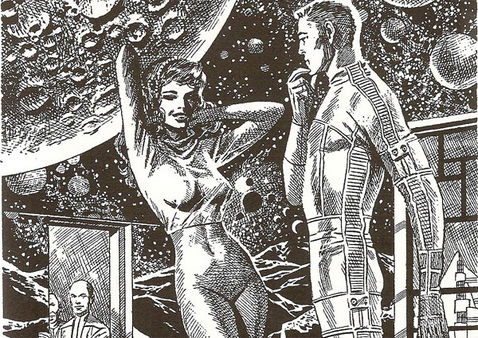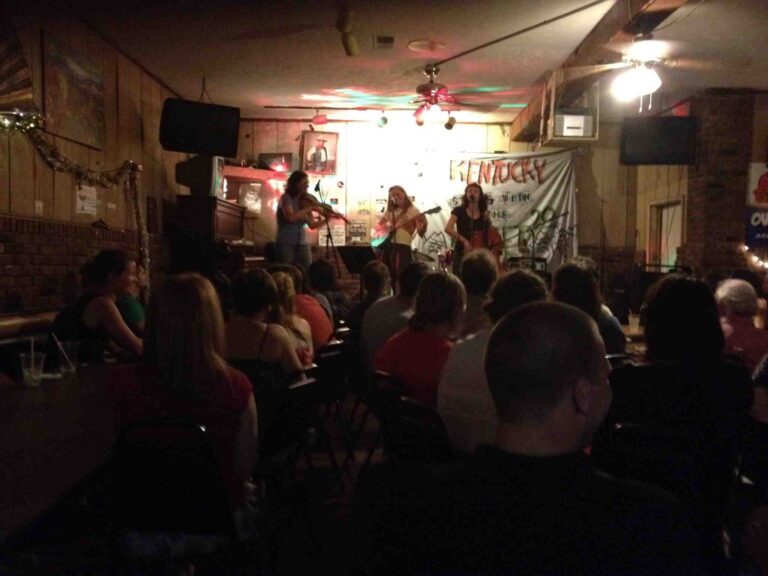Guest post by Bridget Lowe
When I was nine years old I received, as unceremoniously as I’d come to expect later in life, my very first rejection:
The magazine was Highlights for Children, the one you see in the waiting room of every dentist and pediatrician, stacked next to its adult equivalents–Good Housekeeping, Newsweek, etc. I don’t recall what exactly I chose from my impressive body of work to submit, and I don’t remember opening the envelope, but I do remember feeling proud that I had received a letter from a magazine regarding “my work.”
The rejection was gentle, hardly a rejection at all really. My Highlights letter informed me that my submission would be placed in a “special file” that the editors could access later if needed. Even then I knew what that really meant, adding insult to injury–I’d submitted writing, not a drawing, and the stuff they published was really bad in my estimation. I even had a pet theory that some of the kids’ parents wrote the poems, though upon reflection that seems a bit paranoid.
I remember reading Highlights in my bed at night, studying the crafts and plotting my approach, my sister begging me to turn the light off, me begging for just five more minutes. As an adult, I’m not sure why I liked this magazine so much…but I did. It was so blatantly uncool, as if their editorial vision included an allegiance to stasis. The illustrations were disharmonious at best, I’d take bad boy Goofus over Victorian wet blanket Gallant any day, and the Timbertoes family bored me to death–but I cherished my magazine, because it came in the mail, addressed to me and me alone.
To this day I adore receiving mail, a tangible form of connection to the outside world. I’ve opened many a rejection slip/note/scrap, and I’ve enjoyed it every time, that split second before the verdict, possibility flaring like an arrhythmia of the heart. While it was a no for Highlights, I didn’t really care that my writing hadn’t made the cut. The feeling was more of a quick, smarting indignation than a collapsed ego. And perhaps I took to heart some of what Kent L. Brown, Jr. wrote:
This is Bridget’s tenth post for Get Behind the Plough.


